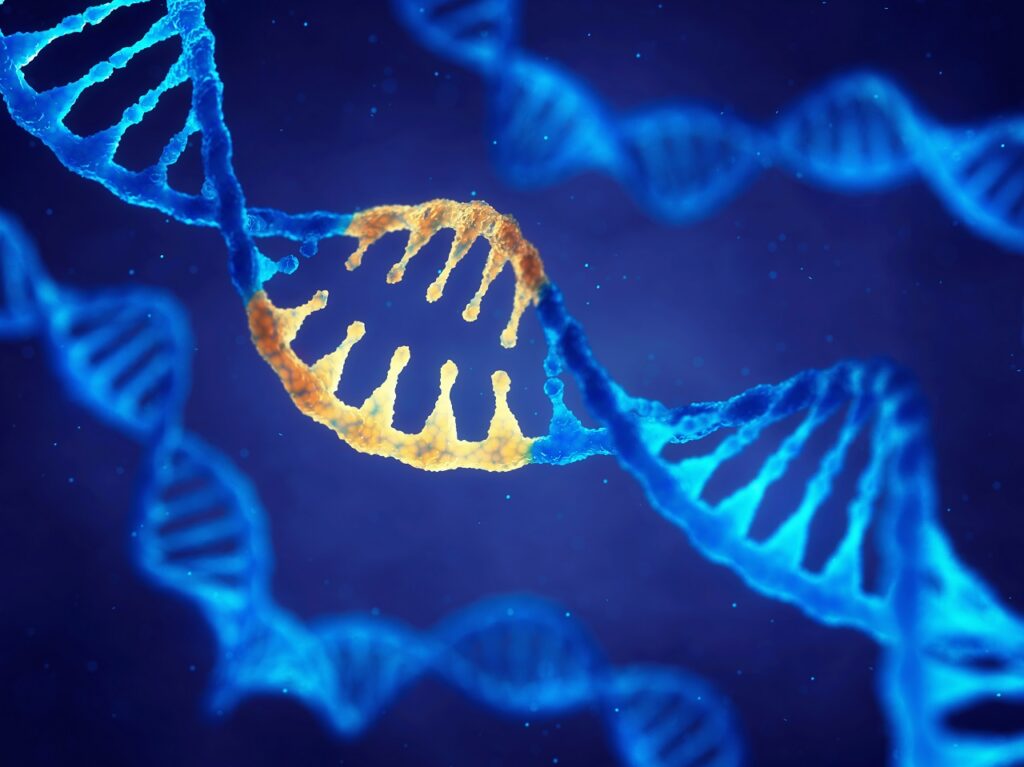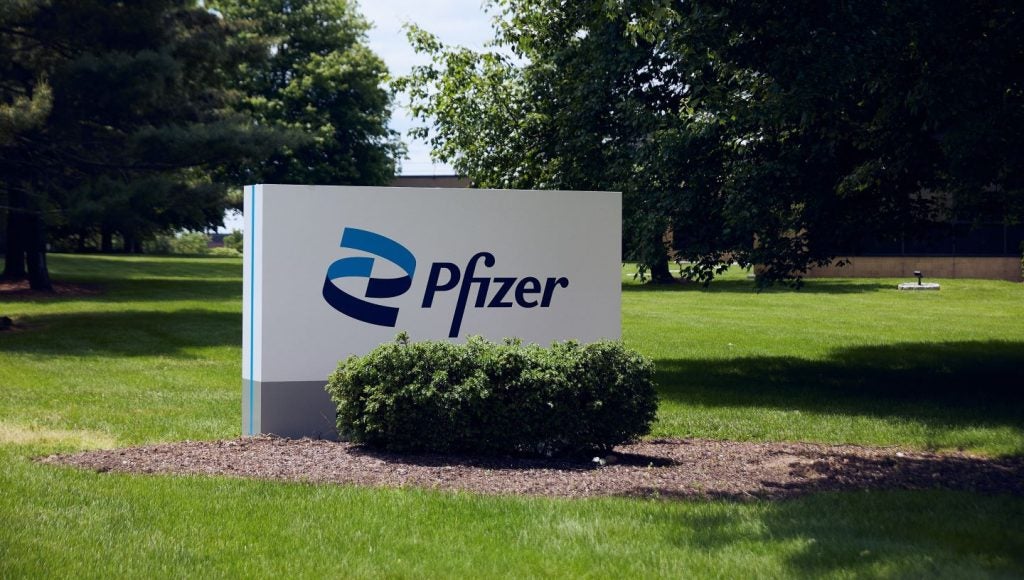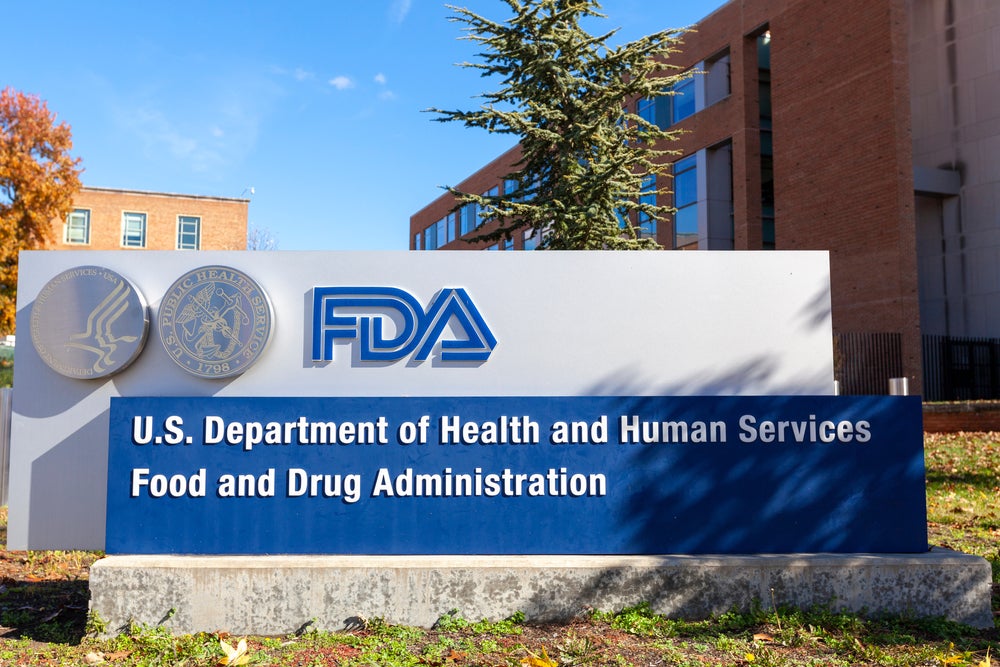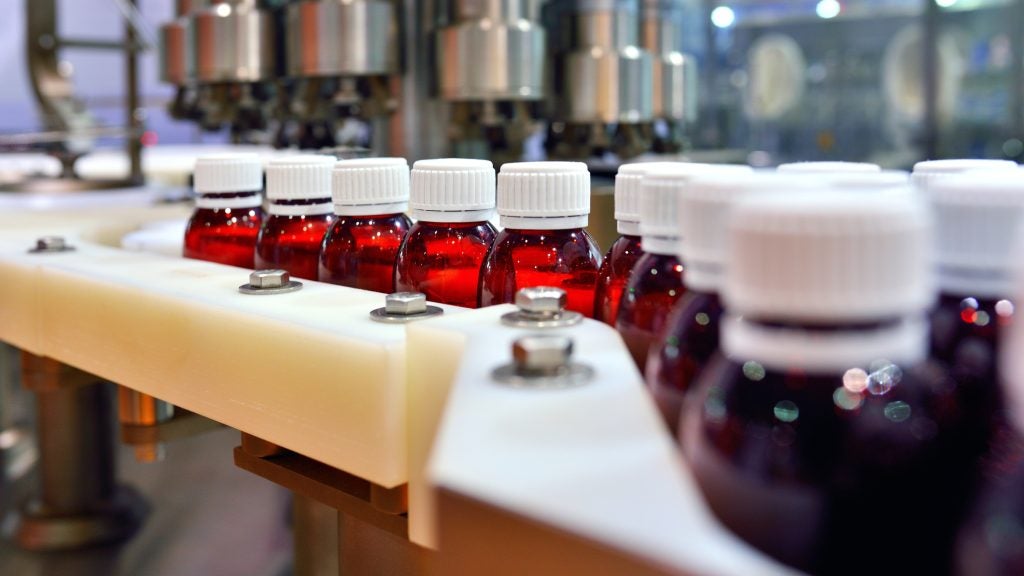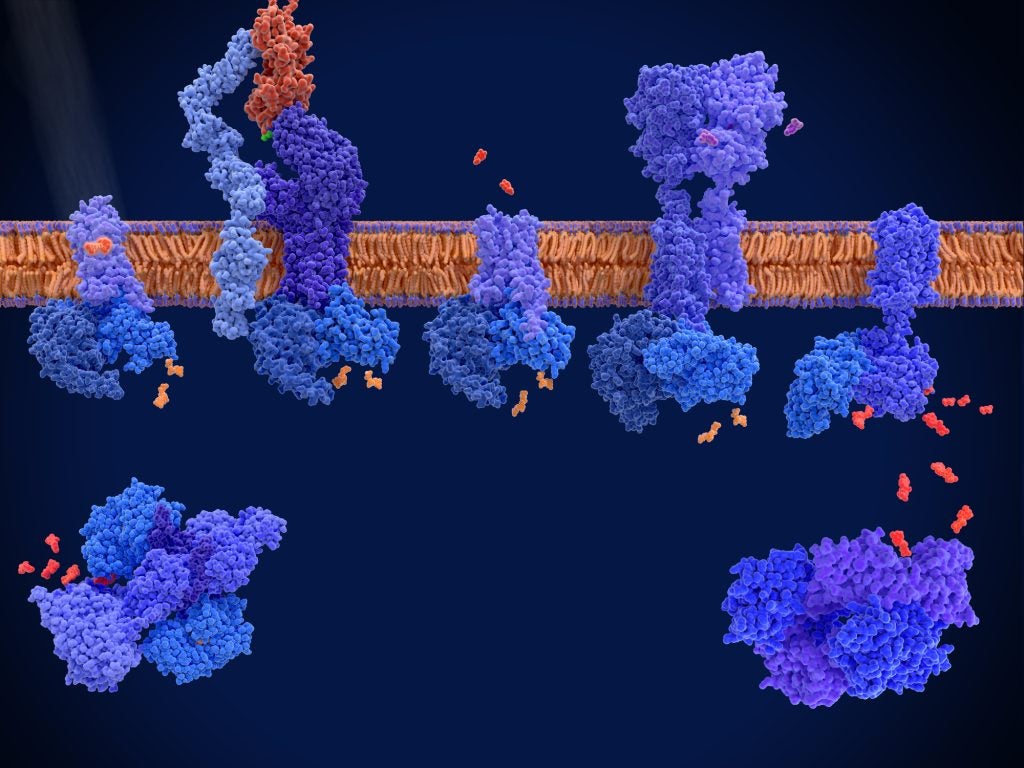
Roche and Sarepta Therapeutics’ have announced top-line results from the Phase III trial for Elevidys (delandistrogene moxeparvovec) in patients with Duchenne muscular dystrophy (DMD) aged 4-7 years.
The study failed to meet its primary endpoint of improvement in functional motor abilities, measured using the North Star Ambulatory Assessment (NSAA).
The companies were quick to note that although the drug failed to meet its primary endpoint, it met all the secondary endpoints, as per the October 30 press release.
Septra added that “the US Food and Drug Administration (FDA) has indicated openness to reviewing the data for label expansion based on the totality of evidence from Embark”.
DMD is a rare, early-onset genetic condition that causes gradual muscle damage and weakness due to the loss of the dystrophin protein.
Elevidys is a gene therapy that targets the DMD gene mutation (responsible for causing DMD). It received accelerated approval from the FDA for treating DMD patients aged 4-5 years and set a hefty wholesale acquisition price tag of $3.2m. GlobalData forecasts Elevidys to generate $5.6bn in global sales in 2029.
GlobalData is the parent company of Pharmaceutical Technology.
Elevidys full approval is contingent on this Phase III (NCT05096221) trial data. Other functional secondary endpoints which were met include the time to rise from the floor and the 10m walk test.
Roche acquired the global (except the US) marketing rights for Elevidys in 2019. The Swiss company paid $1.15bn upfront, an additional $1.7bn payable based on regulatory and sales milestones, and royalties on net sales. Sarepta holds US marketing rights for the gene therapy.
Sarepta is also developing an RNA-targeted peptide-conjugated phosphorodiamidate morpholino oligomer (PMO), vesleteplirsen for treating DMD.
Roche invested in its neurological drug pipeline and signed a partnership and licensing agreement with Monte Rosa Therapeutics to discover and develop molecular glue degraders (MGDs) to target cancer and neurological diseases.
Cell & Gene Therapy coverage on Pharmaceutical Technology is supported by Cytiva. Editorial content is independently produced and follows the highest standards of journalistic integrity. Topic sponsors are not involved in the creation of editorial content.


